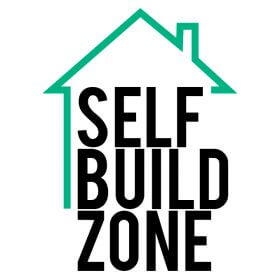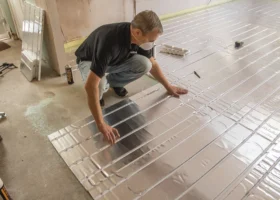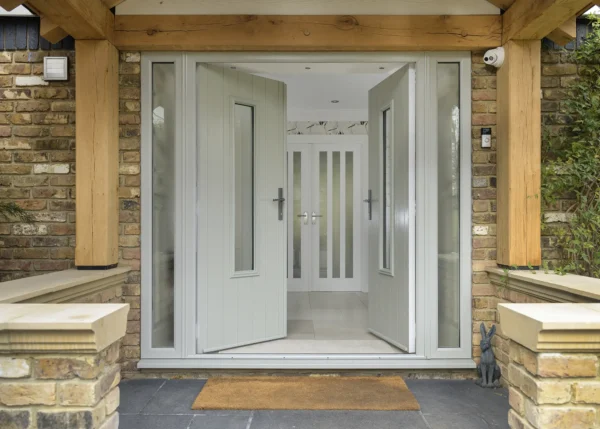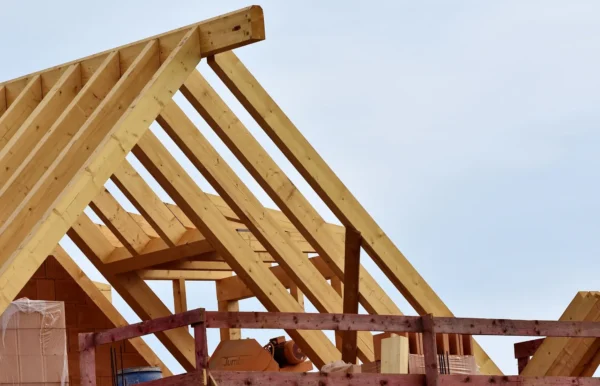Self Build Insurance: The Ultimate Checklist
Self build insurance (also known as site insurance) is a tailored policy designed to cover all aspects of your new home project.
It’s a common misconception that self building means doing all the work DIY. This is not the case: the phrase simply refers to commissioning a home for you to live in yourself upon completion. So, this is your chance to commission a high-quality individual home – so, you want confidence that your investment is in safe hands.
Whether you choose to self-manage your project or engage a professional to deliver the building works, it’s important to know that you may still be responsible for insuring the project. Your main contractor or individual trades’ standard builder’s insurance is not likely to cover all parts of the site and works. That’s where self build insurance comes in.
A proactive provider will be happy to talk through how to best protect your build. So, if you’re unsure of anything, it’s always sensible to ask. When it comes to narrowing down the shortlist and identifying a good policy, this checklist will get you started.
1. Find a Good Insurer
You don’t need to be a finance expert to find a high-quality insurer, but it is important to understand what to look out for. Keep these tips in mind when choosing a company:
- Only use a provider backed by an ‘A’ rated insurer. The rating shows its financial security and ability to pay claims, as continuously assessed by independent rating agencies.
- Scrutinise the levels of cover the policy provides. Do they match the limits given by other insurers?
- Check how long the company has been providing this type of insurance and that they are a bona fide specialist in the field.
- Self build insurance is not found on comparison sites, so look for suppliers via trusted resources.
2. Check the Policy is Right for You
Always check the cover you need is included in the policy. If you’re not sure, ask questions and give a few scenarios of events you’d like to be covered. In general, self build insurance will encompass:
- The contract works (ie the works being undertaken).
- Public liability in case of damage or injury to members of the public.
- Employer’s liability for claims from subcontractors.
- Building materials against theft and or accidental damage.
- Consequential loss to any existing structures.
- Plant, tools and equipment (including hired items).
- Storm damage.
3. Set the Start Date & Policy Duration
Specialist insurers understand the complexities of the self build journey, and have developed flexible products to match your project timescales. Here’s what you need to know:
- You can purchase self build insurance when you are within 90 days of the works starting.
- Cover should either start once you’ve bought the plot or property, or when work is about to begin.
- If there will be a delay between a land purchase and starting work, landowner’s liability insurance may be sufficient pre-build.
- Good providers offer policy lengths from three to 24 months to provide tailored cover for the anticipated duration of your scheme.
4. Get Quotes from Reputable Providers
Policy fees vary according to project. They are mainly based on the cost to professionally rebuild the property if there was a total loss, eg due to fire, when near completion. Follow these steps to secure a realistic quote:
- Work with your architect, mortgage provider and other key parties to understand the professional reinstatement cost of your project.
- Seek quotations as soon as you have final planning drawings, so you can start working the policy cost into your budget. The Self-Build Zone website allows you to get a good idea of costs via a quick and efficient online quote form.
- If the policy cost feels high, bear in mind your insurance is likely to pay for itself if you have to make even a single claim during the project. And, if you don’t, you will at least have peace of mind that your investment is protected if anything goes wrong.
5. Be Ready to Switch Policy Post-Build
At this point, you’ll need to move on to a general buildings insurance policy:
- You should be ready to switch on the date the project is signed off by building control – not the date which you move into the property.
- If you’re near completion and want a quick and easy transition, self build insurers can also provide standard buildings insurance.
| Jake Fitness is team leader at Self-Build Zone, which offers a comprehensive range of specialist self build, renovation, extension and site insurance cover, as well as self build warranties. Call 0345 230 9874 or visit Self-Build Zone for more. |
Header image: iStock.com/SewcreamStudio











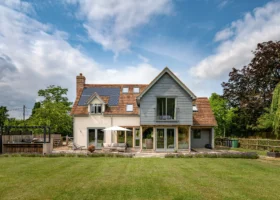


















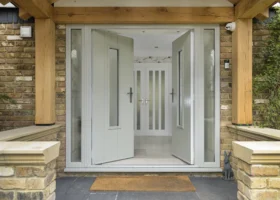


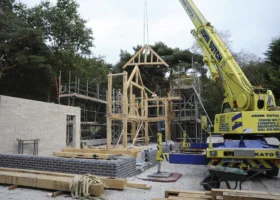
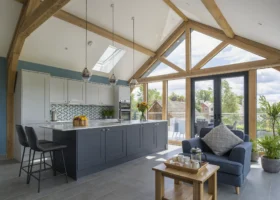


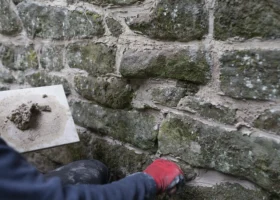
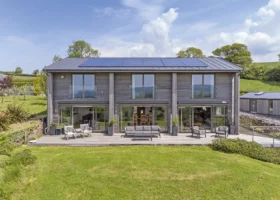
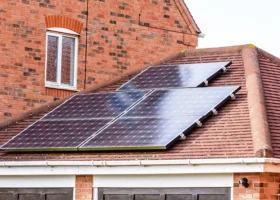

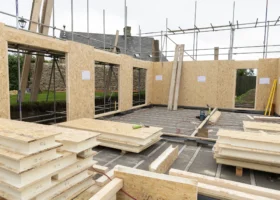

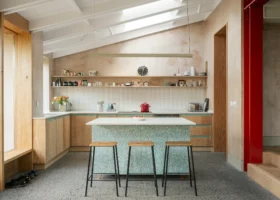
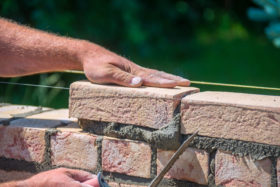



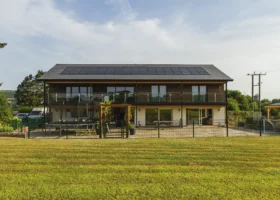





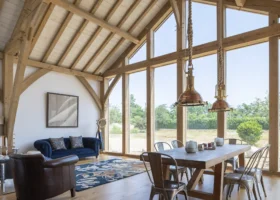





































 Login/register to save Article for later
Login/register to save Article for later
